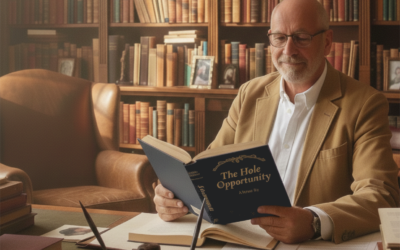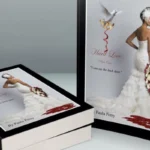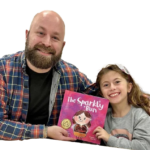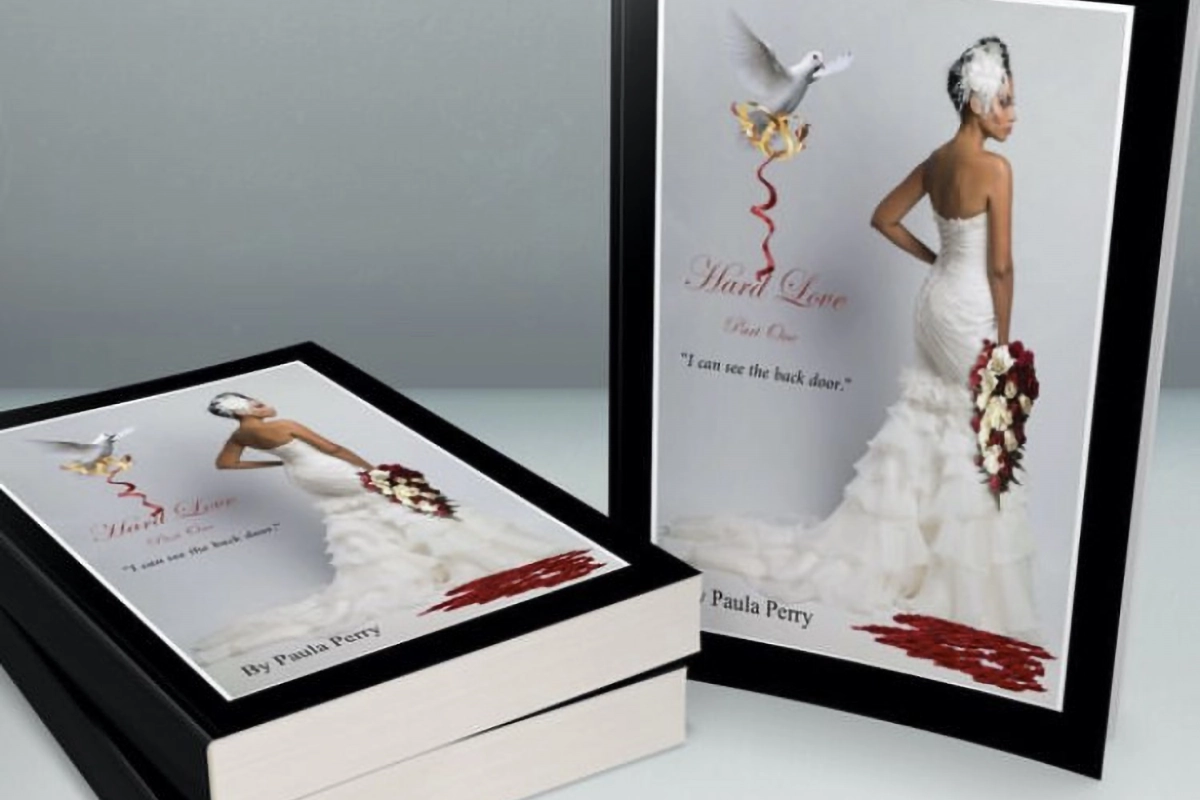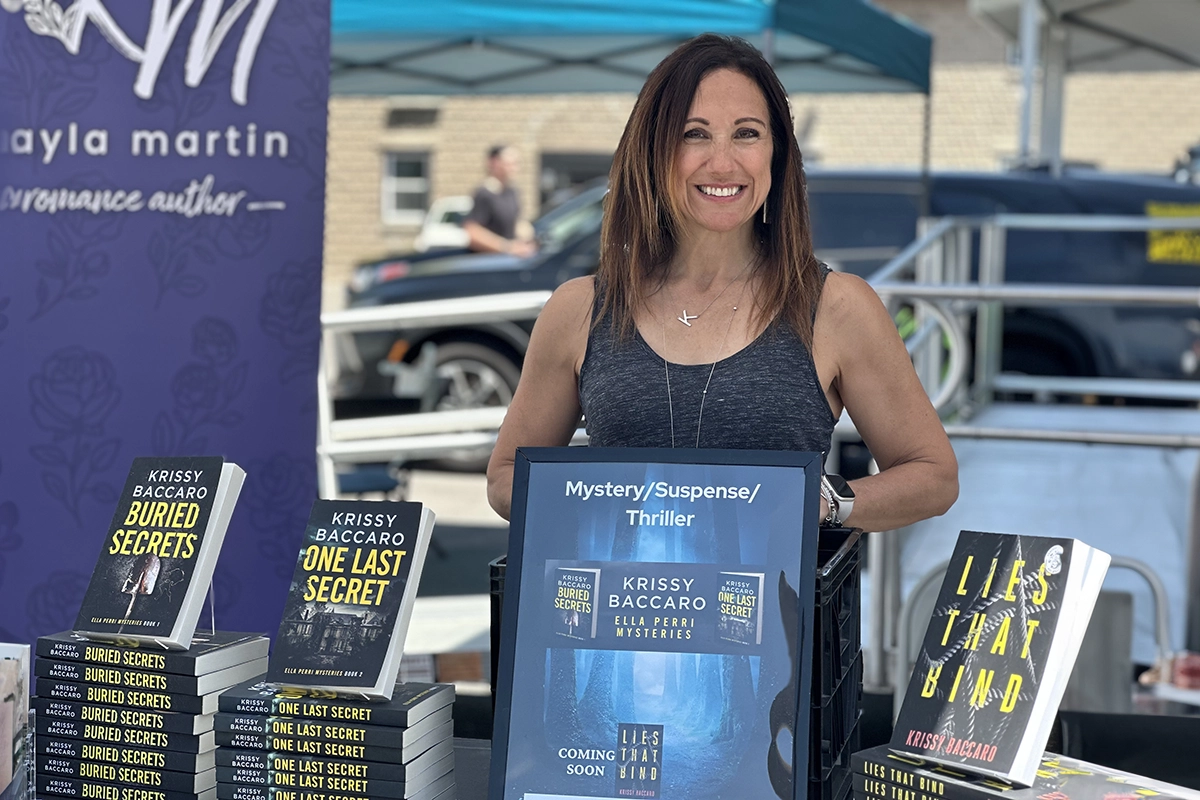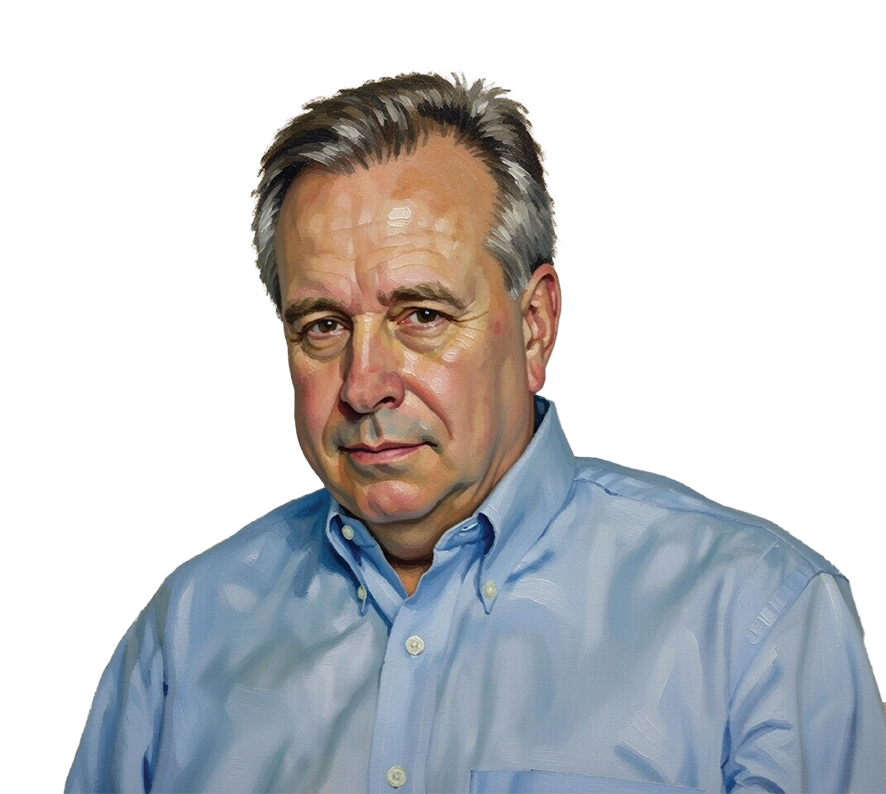Leonard Kim Shares His Journey And Insights On Authenticity, Vulnerability, And Personal Branding

Photo: Leonard Kim, a trailblazer in personal branding, inspires professionals to embrace authenticity and vulnerability to build meaningful connections and lasting success.
Lessons From A Marketing Visionary
Leonard Kim reveals his transformation through authenticity, transparency, and embracing vulnerability. He shares personal branding strategies, overcoming failures, and practical steps to unleash greatness while staying true to oneself.
Leonard Kim’s extraordinary journey from rock bottom to celebrated author, speaker, and personal branding expert is a story that defies the odds and offers inspiration in its purest form. With a natural talent for connecting with audiences and a groundbreaking philosophy rooted in vulnerability and authenticity, Leonard has transformed failure into fuel for his remarkable success—a balancing act that has made him a beacon of hope for aspiring entrepreneurs and professionals everywhere. His book Ditch the Act: Reveal the Surprising Power of the Real You for Greater Success stands as both a practical guide and a heartfelt manifesto, teaching readers to embrace their imperfections, leverage their truths, and ultimately unlock the greatness within themselves.
At Mosaic Digest magazine, we celebrate voices that resonate deeply, and Leonard Kim’s voice is one that leaves an imprint on every listener and reader. His unique ability to translate personal struggles into valuable lessons has earned him recognition across esteemed platforms like Forbes, Fast Company, and TEDx, to name just a few. Through his work with Influence Tree, Leonard continues to empower leaders and visionaries to step into their authentic selves and build personal brands that endure.
In this interview, Leonard shares profound insights on vulnerability, transparency, and the art of personal branding. As we delve into his inspiring story, prepare to discover actionable strategies that can reshape not just how you present yourself to the world, but how you view your own inner worth and potential. Mosaic Digest is honored to spotlight his wisdom, passion, and transformative approach to success, offering yet another unforgettable feature to our readers.
Leonard Kim’s wisdom, resilience, and commitment to empowering others make him a pioneering thought leader in personal branding and authenticity.
What was the turning point that led you to embrace vulnerability as a strength in building your personal brand?
When I was young, I was kind of cocky and arrogant. I thought I would be a millionaire by 21, but that didn’t end up happening, so I became a bit bitter at life. Who I was wasn’t helping me get anywhere in life. In fact, it was pushing me back, to the point where I couldn’t pay my electricity bill for six months, had my lights turned off and then was eventually evicted. My grandma saved me and for a few months, I pretended things were alright to all my friends, but I was never around. That said something and people realized something was going on, so I told them the truth. While I thought they would mock me, they supported me instead. That’s the first time I saw that vulnerability was a strength, not a crux. Did I believe that it would get me to where I am today? Absolutely not… Until I started wearing my heart on my sleeve.
“Vulnerability is a strength, not a crux.” – Leonard Kim
In Ditch the Act, you discuss the power of authenticity. How do you recommend people balance transparency with professionalism?
People tend to gravitate towards three areas in life: professional, personal and a hobby. People may think of their authentic self as 100 percent the personal self, or professional, or the hobby, but it’s an intersection between the three. Most people don’t grasp that, however, and think they should go to being fully who they are at a personal level, which isn’t true authenticity.
Can you walk us through the seven-step brand process and which step people most often struggle with?
- Positioning
- Discover what makes you stand out
- Overcoming fear and sharing
- Focusing on form, not force
- Make eye contact with the camera
- Be consistent with content
- Keep it social
“People do business with those they know, like, trust, and fall in love with digitally.” – Leonard Kim
Everyone skips step 1 (sometimes even steps 2, 4, 5 and 6 as well, but mostly everyone skips step 1). People struggle with positioning. They don’t know how to have an authentic bio that draws people in so they want to work with or buy products from them. Most people don’t even have a bio and if they do, they make it sound like a resume. But people do business that they know, like and trust (and what I like to call fall in love with digitally). However, there’s no way to know, like or trust someone, let alone fall in love with them, if you don’t know who they are. Without a bio, most people are losing out on so much money and opportunities.
How did your experience of hitting rock bottom shape your philosophy on success?
It may sound weird, but I don’t have a philosophy on success. Instead, I believe in consistent action. If you brush and/or floss your teeth and gums twice a day, you won’t have dental problems. If you don’t, you could get cavities or gum disease. If you don’t write, no one will know you exist. If you write daily, people are bound to know who you are.
What role did writing play in rebuilding your life and reputation?
Writing was the #1 determining factor that drove me into rebuilding my life. Without it, I would still be earning $16.24 an hour. I started writing online, on Quora, on May 15, 2013. By December 31, 2013, I had 2 million reads on my content and 10 million by December 31, 2014. I was named a Top Writer on Quora both years, and then all that Quora success trickled into every other part of my life.
“If sharing your story creates fear in your gut, that’s the sign you must act on it—it signals greatness ahead.” – Leonard Kim
What’s the biggest misconception people have about personal branding?
You have to showcase all of your positive traits. It’s not true. What gets results is showing the good, the bad and the ugly. My original brand grew from me sharing all of my shortcomings in life.
Can you share a moment where being fully transparent led to an unexpected opportunity or breakthrough?
When I was married in 2019, my now ex-wife wanted to quit her job due to what she calls a misogynistic incident. There went six figures of household income overnight. I shared my struggle online and asked for help in what may have been seen as someone panicking, but that was because we were. Within two months, that six figure income was replaced with twice as much as what was lost (however I became the one who had to work more haha).
What advice would you give to aspiring authors who want to use their personal story to build a brand and help others?
In your gut, you will have a feeling that is embodied by fear. It feels like your stomach is clenching up and sharing something about yourself feels like a bad idea. I’ve had those moments. Each time I had it and didn’t act upon it, I regretted it. Each time I had it and acted upon it, things I would have never believed possible happened. If you feel that gut feeling and you think it’s holding you back, it’s not. That’s the indicator you need that you have something great that needs to be shared with the world. That feeling is telling you that what you have to share will compound and lead to greatness.


